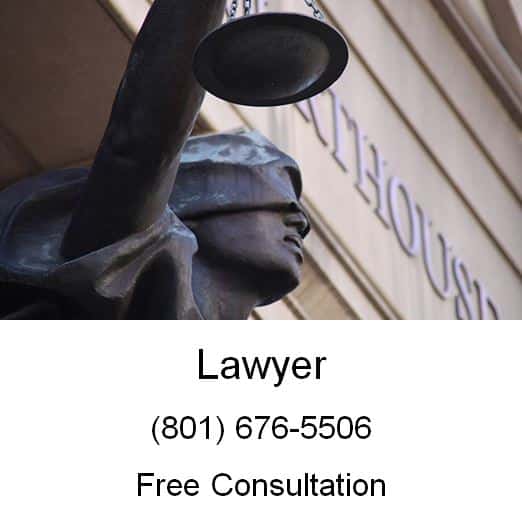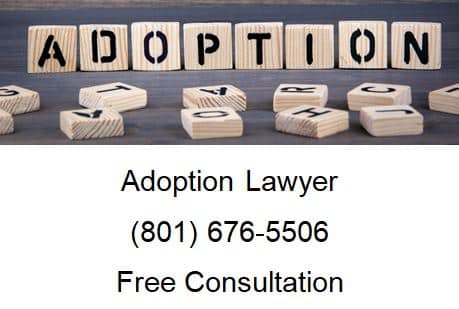Living wills are not really wills at all. Instead, a living will (which also may be known as a healthcare directive or directive to physicians) is a document that expresses a person’s desires and preferences about medical treatment in case he or she becomes unable to communicate these instructions during terminal illness or permanent unconsciousness. This is a part of estate planning. The first living wills helped people who wanted a natural death unattended by artificial life support and other advanced medical techniques. As these documents became more popular and widely available under local laws, they came to include other health care concerns such as tube feeding, resuscitation, and organ donation. While living wills are allowed in all states, they sometimes must follow certain formalities to be effective. If valid, a living will binds health care providers to its instructions.
What Does a Living Will Cover?
Many people believe that living wills only direct health care providers to withhold treatment. While many choose to issue that type of instruction, a living will also allows a person to ask for all available treatment options and medical techniques, or to choose some medical options and reject others. Because a living will involves complicated medical issues, consultation with a doctor may help clarify different treatment types and assist the patient in making living will decisions. Some people do not complete living wills because they worry doctors could let them die when there is still a chance for recovery. However, a living will cannot take effect legally unless the patient is medically determined to be in a permanent vegetative state or terminally ill, and therefore unable to communicate medical preferences.
Living Will vs. Durable Power of Attorney
A durable power of attorney can perform some of the functions of a living will. This document gives an attorney-in-fact legal power to make health care decisions for someone who cannot make those decisions him or herself. A durable power of attorney differs from a living will in that it may direct the attorney-in-fact to carry out the living will’s instructions or it may allow the attorney-in-fact to use his or her own judgment. The living will itself also can specify a proxy to help enforce its terms. A durable power of attorney may be used whenever the individual granting the power cannot make his or her own health care decisions; it does not depend on terminal illness or permanent unconsciousness to become effective. Most estate planning attorneys recommend both documents to cover all situations.
Without a living will or durable power of attorney, family members may end up arguing over what treatments should or should not be provided. Doctors will only consult family members on health care decisions; if a person prefers that a friend or unmarried partner participate in his or her health care decisions, a living will and durable power of attorney enable that person to have a say.
How to Choose an Attorney-In-Fact
The person chosen as the attorney-in-fact or proxy for health care decisions should be a trusted individual who is comfortable discussing health care issues. Because this person may need to argue the patient’s case with doctors or family members, or even go to court, an assertive and diplomatic individual may be preferred. The representative should be well aware of the choices made in the relevant documents, and should support those instructions. It is also useful to enlist the cooperation of friends, relatives, and health care providers by giving them executed copies of the document for their reference, should the need arise.
Free Consultation with a Living Wills Lawyer in Utah
If you are here, you probably have an estate issue you need help with, call Ascent Law for your Living Wills consultation (801) 676-5506. We want to help you.
8833 S. Redwood Road, Suite C
West Jordan, Utah
84088 United States
Telephone: (801) 676-5506
Recent Posts
Moving Children Out of State After Divorce
from Michael Anderson https://www.ascentlawfirm.com/living-wills/
from
https://grum193.wordpress.com/2018/07/25/living-wills/








